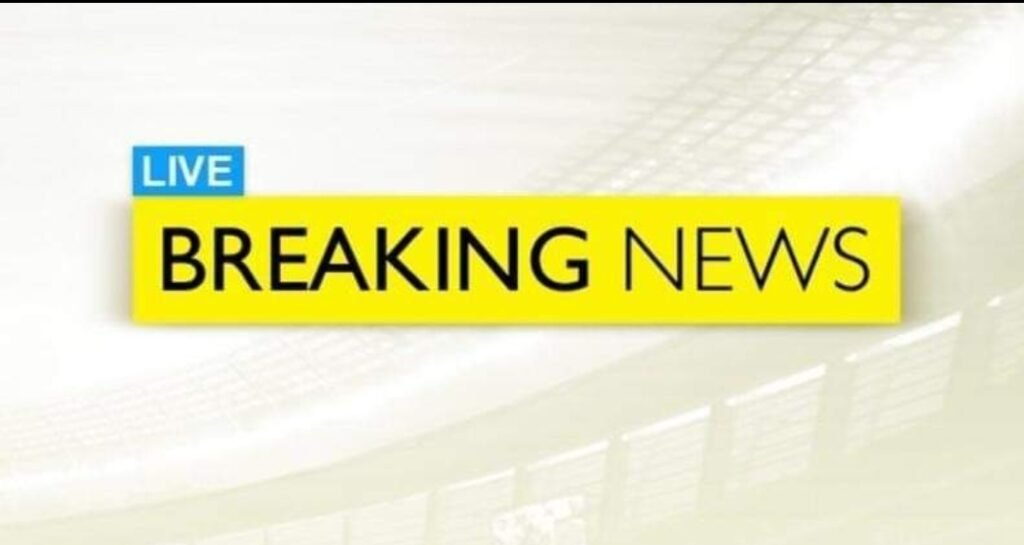Manchester United’s sporting director, Dan Ashworth, has reportedly stepped down from his position after a brief stint of just five months. The abrupt departure has sent shockwaves through the club, especially given Ashworth’s esteemed reputation and the significant responsibilities he undertook during his short time at Old Trafford.
Ashworth officially took on the role on July 1, following a period of gardening leave from Newcastle United, where he had served as technical director. However, his tenure came to an unexpected end after a reportedly tense meeting with United’s CEO, Omar Berrada, which took place shortly after the club’s disappointing loss to Nottingham Forest. Speculation is rife about the exact circumstances surrounding his departure, with sources suggesting that Sir Jim Ratcliffe, part-owner of Manchester United, played a pivotal role in the decision-making process. While some reports indicate that the club initiated the move, United has officially described Ashworth’s exit as a “mutual agreement.”
At 53 years old, Ashworth brought a wealth of experience to his role, overseeing football performance and recruitment. He reported directly to Omar Berrada, a recent addition to the club’s hierarchy from Manchester City, and collaborated closely with Jason Wilcox, United’s technical director. Wilcox worked under Ashworth in a leadership structure that was revamped under the guidance of Sir Jim Ratcliffe, who has been vocal about the need to modernize Manchester United’s operations.
During his tenure, Ashworth managed a significant summer transfer window, with United spending approximately £200 million to secure high-profile signings such as Leny Yoro, Manuel Ugarte, Matthijs de Ligt, Noussair Mazraoui, and Joshua Zirkzee. His role extended beyond recruitment, as he was also involved in key decisions like extending Erik ten Hag’s contract. Ironically, Ten Hag was dismissed just months later, raising questions about the coherence and direction of the club’s long-term strategy.
Ashworth’s appointment at Manchester United was itself the result of protracted negotiations with Newcastle United, where he had been a highly regarded technical director. After expressing his desire to join United, the two clubs eventually agreed on a compensation package of £2–3 million, significantly lower than Newcastle’s initial demand of £20 million. This move was seen as a coup for United, given Ashworth’s glowing reputation from his stints at Brighton and the Football Association, where he was widely regarded as one of the best sporting directors in the industry.
Ratcliffe had previously lauded Ashworth’s credentials, describing him as a “very capable person” and emphasizing that the opportunity to rebuild Manchester United into a footballing powerhouse was a major attraction for someone of Ashworth’s caliber. Despite these high hopes, the partnership has ended prematurely, leaving fans and pundits speculating about what went wrong.
Ashworth’s departure also coincides with Ratcliffe’s increasingly critical assessment of Manchester United’s operations. Ratcliffe recently labeled the club as “mediocre,” citing outdated practices in recruitment and data analysis as major obstacles to success. He stressed the need for sweeping reforms to restore the club to its former glory, including advancements in analytics and recruitment to match the standards set by their rivals.
In the wake of Ashworth’s exit, Manchester United faces yet another period of uncertainty. The sudden void in leadership raises pressing questions about the club’s ability to navigate ongoing challenges, including the need to modernize its infrastructure, strengthen its squad, and chart a clear path back to the elite tier of European football. Whether this setback will galvanize United into action or further deepen their struggles remains to be seen, but for now, Ashworth’s short-lived tenure will be remembered as a missed opportunity in the club’s ongoing quest
for revival.
